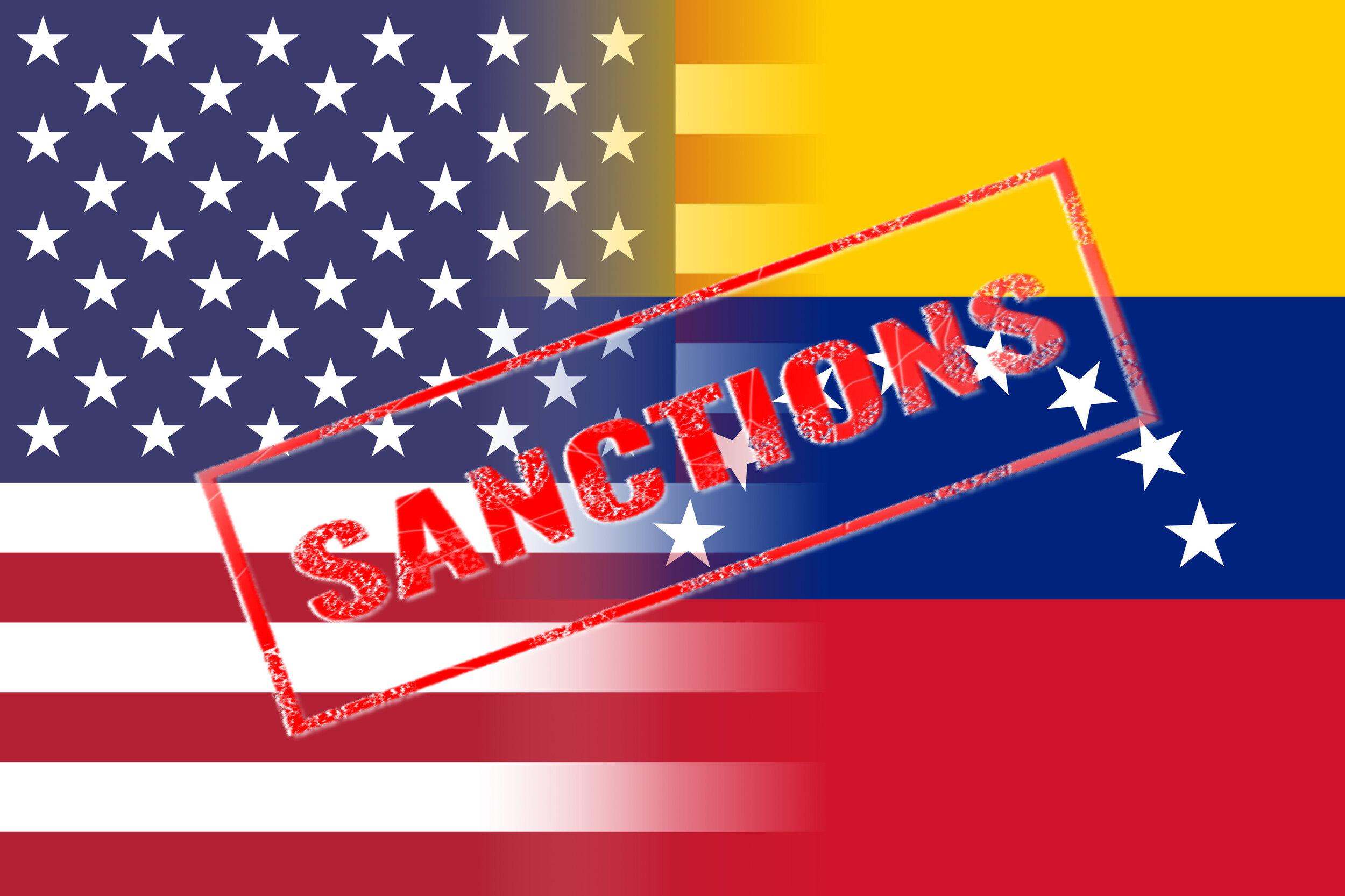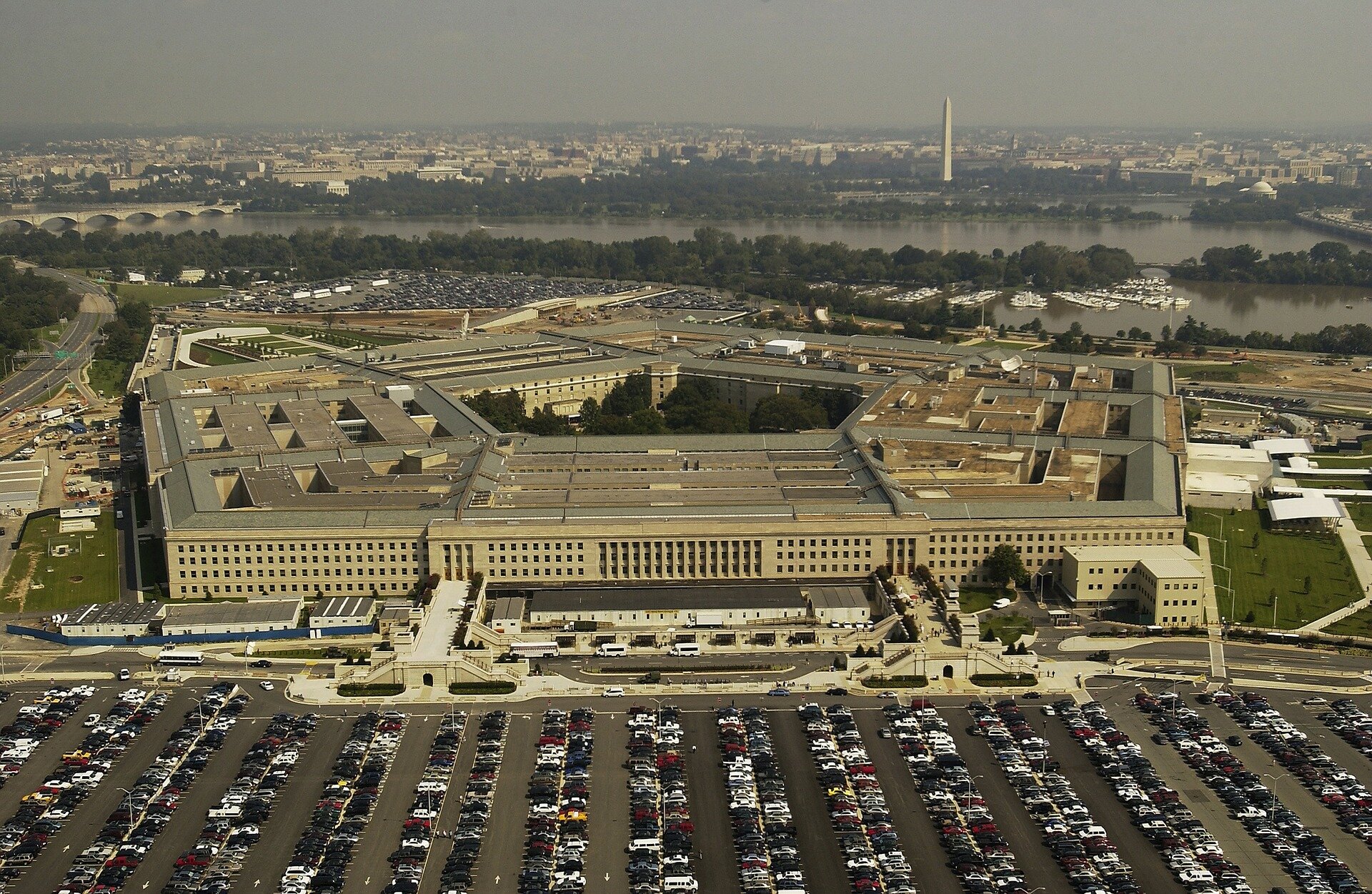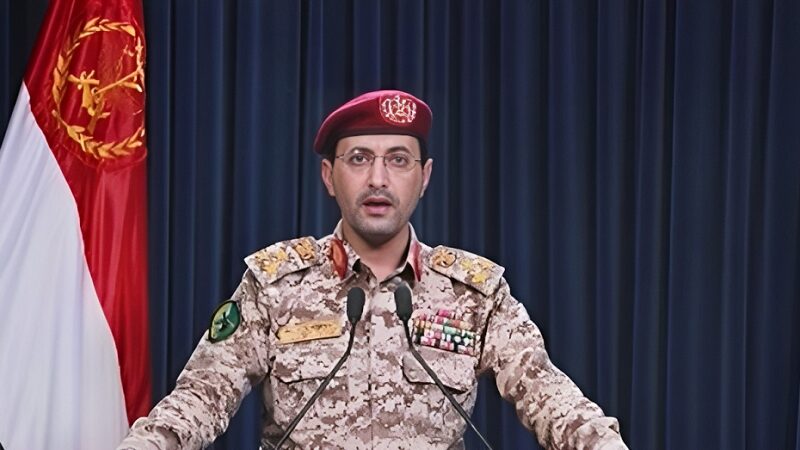CARACAS, Venezuela. January 6th, 2020. In a move to put greater pressure on the regime of Nicolas Maduro in Venezuela, U.S. Special Representative for Venezuela Elliott Abrams announced that additional sanctions, both private and economic, would be placed on Venezuela.
Venezuela’s National Assembly (NA) is a sort of opposition parliament consisting entirely of deputies from parties other than Maduro’s. The NA held its annual elections on January 5th for the presidency of the assembly which saw American-backed Juan Guaido lose his seat as NA president to Luis Parra from the Primero Justicia Party.
It is the position of President of the NA that allowed Juan Guaido, a relative political unknown, to declare himself “Interim-President” last January, before launching a political attempt to unseat Maduro who had only recently been re-elected.
U.S. Sec. of State Mike Pompeo wasted no time in declaring the election of Parra as evidence that Maduro’s corruption had seeped even into the parties opposing him.
On a phone call with the President-elect of Paraguay, Pompeo discussed what could be done to prevent Parra from being able to use the NA to support the Maduro regime.
“Secretary Pompeo and President-elect Pou discussed expanding bilateral economic engagement and deeper cooperation on resolving the Maduro-made humanitarian crisis in Venezuela”, the readout of the phone call said. “The United States looks forward to developing a closer partnership with Uruguay based on our shared commitment to strengthening democratic institutions and security in the region”.
A broken record
One of the 7 members of the Venezuelan NA that will face sanctioning is the new President, Luis Parra, a lawmaker who allegedly accepted bribes from a Colombian businessman with ties to Maduro in exchange for lobbying U.S. politicians for his own sanctions to be lifted.
What at first looked like a strong-arm play from the Maduro regime on election day, a video began circling social media of Juan Guaido trying to scale a fence after police would not let him in the building. However it quickly became clear that it was something closer to a death rattle for Guaido’s bid for power, after it was revealed that all the deputies who cast their votes for Guaido were allowed to enter unaccosted.
This was confirmed by deputies supporting Guaido on Twitter. President Maduro later claimed that it was Guaido’s supporters themselves who had requested the cordoning off of the parliament building.
After a bold stunt in which Guaido stormed into the legislature and re-elected himself with only one third of the required lawmakers present, an official statement, released by Parra and the NA leadership “categorically” rejected the sanctions saying “[the sanctions] in no way contribute to creating contexts for understanding that put citizens at the center of the agenda to attend their needs”.
In a presser following the announcement of sanctions Treasury Secretary Stephen Mnuchin accused Parra and the other sanctioned officials of “attempt[ing] to block the democratic process in Venezuela.”
He then went on as is always the case with American sanctioning announcements to stipulate that they need not be permanent and can be removed “If they side with the people of Venezuela and Juan Guaido as their legitimate leader”.
However at this point, there is nothing to prove Guaido is a legitimate anything, much less the leader of Venezuela.



